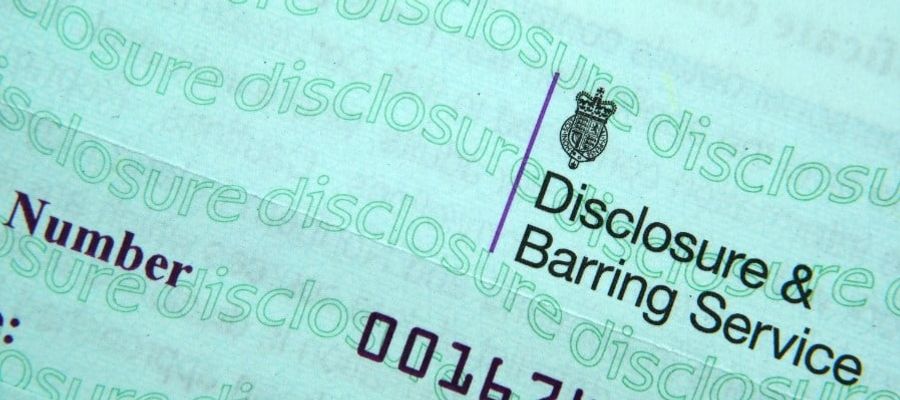When working or employing within the private household industry, you certainly will have heard of DBS check. However, as requests for full criminal record checks become more and more common, for private household staff, we thought we would take this opportunity to run through the details.
So what is a DBS check?
The Disclosure and Barring Service (DBS) helps employers make safer recruitment decisions and prevent unsuitable people from working with vulnerable groups, including children. It replaced the Criminal Records Bureau (CRB) and Independent Safeguarding Authority (ISA) in 2012.
During a Disclosure and Barring Service (DBS) check, police records and, in relevant cases, barred list information are checked, and then a DBS certificate is issued to the applicant.
Since January 2018, there have been new identity (ID) checking guidelines introduced for standard and enhanced disclosure checks. The change is being introduced so that the DBS’s identity checking process is aligned withright to workchecks. These state that employers must prevent illegal working in the UK by carrying out document checks on people before employing them to make sure they are allowed to work.
Types of DBS checks
There are 3 main levels of DBS Checks:
Basic DBS check - the lowest level of disclosure which checks the Police National Computer for details of all current criminal convictions and cautions.
Standard DBS check - contains details of all spent and unspent convictions, cautions, reprimands and final warnings from the Police National Computer (PNC).
Enhanced DBS check - the highest level of disclosure required for those positions that can involve caring for, training, supervising or being in sole charge of children or vulnerable adults. An Enhanced DBS will show the following offences: sexual, violence, the supply of drugs and safeguarding. It will also contain information that is held on file that may be relevant, for instance, investigations that have not led to a criminal record. In rare circumstances the police may write to the employer separately giving confidential information about an ongoing criminal investigation into the applicant. This information may not be released to the applicant and the employer cannot reveal it to them.
Enhanced with a barred list DBS check - An enhanced level certificate with barred list check contains the same information as an enhanced level check but in addition will check against the children’s and/or adult barred lists which contains information from parents or members of the public who are concerned about someone working with children or vulnerable adults and has made contact with the police, social services or the person’s employer.
How to apply for a DBS Check
Most recruitment agencies will be able to apply for a DBS check on your behalf as part of your application process.
How long will a DBS check take?
A DBS check can take between 4 to 8 weeks depending on the level of the check. However, at certain periods it can take up to 16 weeks.
How long does a DBS last?
There is no official expiry date on a DBS however any information included will only be accurate at the time of printing the certificate. Since 2013 an update service was introduced meaning it is now possible for DBS checks to be kept up-to-date and checked online without the need for a new check to be undertaken each time (providing it is within the same workforce and the same level of check is required).
Important notes:
Normally, employers are not allowed to ask job applicants about any spent criminal convictions, but for certain jobs, such as childcare which requires a DBS check this rule does not apply. Childcare jobs are covered by section 40 and 41 of the DBS eligibility guidance.
It is essential for any person working in childcare have a valid Enhanced DBS Check.
It is against the law for employers to employ someone to work with children if they are on one of the barred lists and therefore as an employer, it is essential your nanny/child carer has a valid DBS.
The DBS can’t access criminal records held overseas. A DBS check may not provide a complete view of an applicant’s criminal record if they have lived outside the UK. However, it is possible to check criminal records held overseas.
Individuals cannot do a criminal records check on themselves. Nannies and child carers are able to obtain a DBS check through an agency and with the Update Service are able to pay a fee to allow prospective employers to directly verify the status of their DBS check with the DBS.
Ofsted require child-minders to hold a current DBS disclosure.
Employers can only check the criminal record of someone applying for certain roles, for example in healthcare or childcare.
Related Articles

